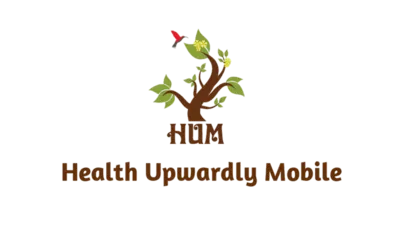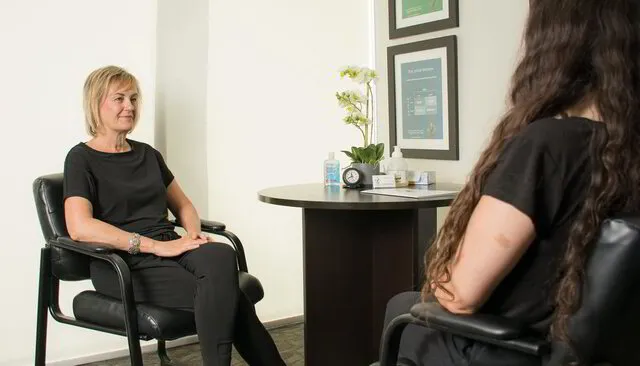Addiction involving Relationships
Addiction Involving Relationships
Relationship Addiction (otherwise known as Addiction involving relationships and love) can involve symptoms of obsession, rumination, compulsion, difficulty being alone, compromised boundaries, low self-worth, dependence on others, enmeshment, avoidance, isolation and the same seeking of escape, reward and relief that people struggling with Addiction involving substances experience. Behaviours persist in spite of detrimental consequences in relationships and are common symptoms of Addiction involving Relationships. Often once people have been in recovery for Addiction involving substances, food, gambling or other behaviours, they start to look at their Love and Relationship Addiction symptoms, which are part of the same disease.
Relationships counselling can be a helpful way to address the underlying issues that contribute to Relationship Addiction. A therapist can help you to understand your patterns of relating, develop healthier boundaries, and build self-esteem. Relationships counselling can also help you to identify and avoid triggers that may lead to addictive behaviours.
Symptoms of Addiction involving relationships can include:
- Seeking intoxication, fantasy and relief in relationships
- Inability to maintain healthy boundaries with others
- Feelings of intoxication and withdrawal
- Becoming enmeshed in relationships versus maintaining interdependence
- Enabling and rescuing behaviors as a way to seek relief
- Compulsively acting out with sex and lust
- Avoiding intimacy
- Diminished recognition of problems in relationships and communication with others
- A dysfunctional emotional response in relationships
How we treat relationship addiction
HUM provides outpatient, continuing care for Addiction involving relationships recognizing it is a chronic disease that can require long term support. Once a person is a patient at HUM, there is no end point to the services and individuals can access services indefinitely based on their needs. Continuing care/treatment includes a range of services to optimize health and wellbeing of individuals who have Addiction involving relationships. Treatment is tailored to your needs and involves exploration of challenges, current coping tools, stressors, environment, relationships, family history, and more. Social and peer support in the community may be recommended as well as other aspects of a bio-psycho-social-spiritual framework of recovery along with continued professional support. Total abstinence from relationships and love is not possible as human beings are fundamentally relational. Through continuing care/treatment, awareness is cultivated about the specific areas in which the individual is vulnerable to Addiction involving relationships and love.
Available Services For Relationship Addiction
Comprehensive assessment
If you are concerned about your alcohol use, it is recommended to start with the comprehensive assessment. The assessment includes 3 appointments at our Calgary location and is designed to get to know you, determine the acuity of your issues and appropriate treatment recommendations that are individualized based on your needs. The 3 appointments include an initial nursing assessment, an assessment with a registered psychologist or social worker and thirdly with a medical doctor.
1 hour individual psychotherapy sessions
At HUM, we use a range of techniques based on experiential relationship building, dialogue, communication and behavior change that are designed to improve the mental health of an individual,and improve relationships with others (eg. family). Our goal is to provide an open, supportive, and confidential environment for you to address the issues that are concerning you. These principles can also be provided through couples/family sessions.
1 hour couples/family psychotherapy sessions
This provides the opportunity to clarify boundaries, identify what may be individual issues for people to work on, while addressing issues jointly without telling each other what to do.
2 hour weekly group psychotherapy with professional facilitators
The recovery support groups are process oriented therefore the structure of each group is fluid and reflective of the needs and current issues raised by group members. Group members have an opportunity to process their life issues and reflect on their recovery including successes and challenges they are facing. Group therapy allows individuals to discuss issues with the support of others in recovery, provide and offer feedback, build a recovery network and increase accountability.
An 18 day (144 hour) intensive outpatient program (IOP)
The IOP is spread out over 3 Phases and 3 months with a weekend family/friends program included. The IOP is designed for those wanting more intensive treatment who have identified having an issue with Addiction, Mental Health and/or Chronic Pain.
Request An Assessment

